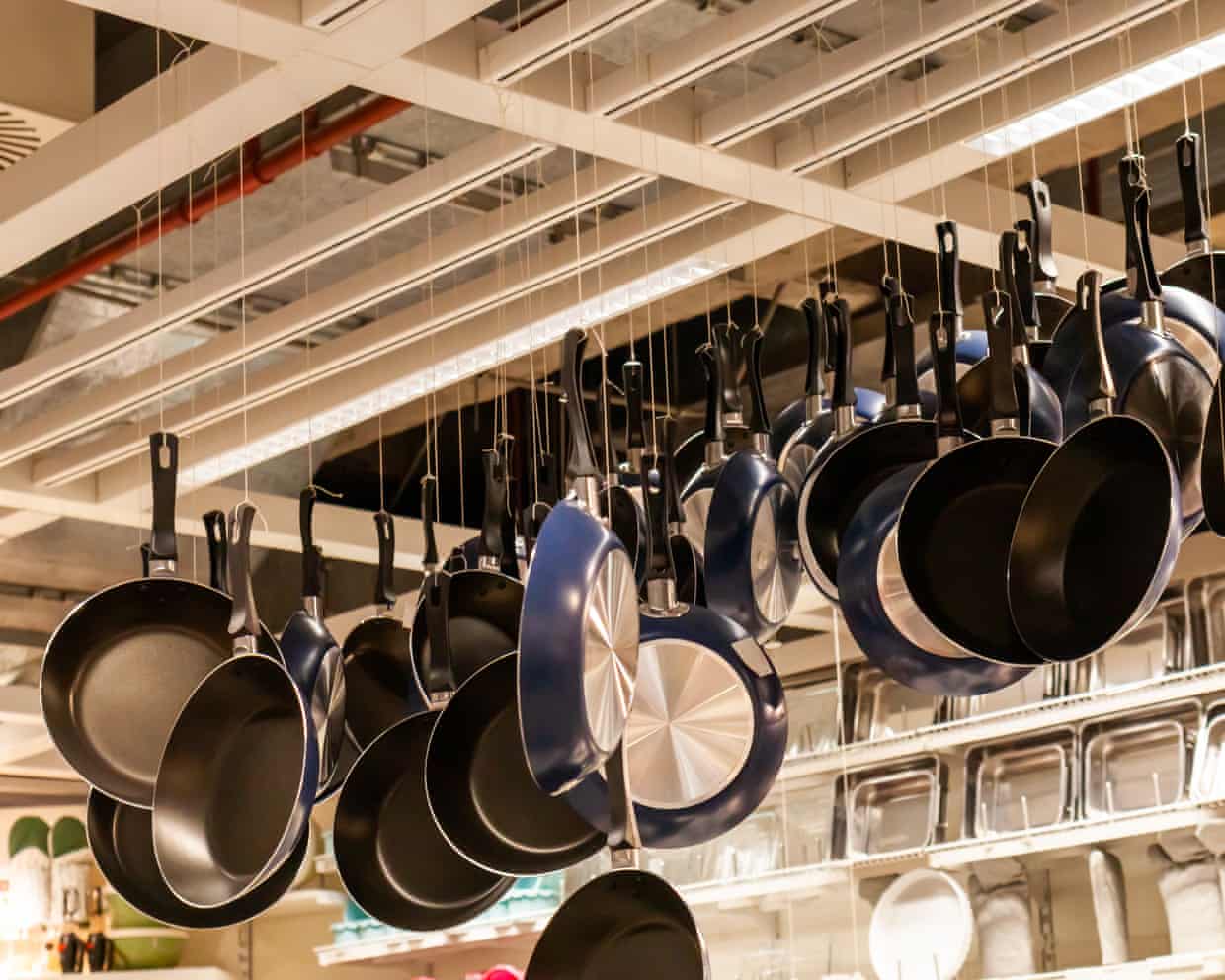Science
Innovative Research Wins Ig Nobel Prizes; Teflon Diet Stuns Audiences

The 2025 Ig Nobel Prizes brought together an array of unconventional research, rewarding creativity and humor in scientific inquiry. Among the standout winners was the team behind the controversial “Teflon diet,” which proposes reducing calorie intake by incorporating powdered polytetrafluoroethylene (PTFE) into food products. This radical approach aims to keep consumers feeling full while the substance quietly exits the body.
The Ig Nobel Prizes, presented at Boston University on March 9, 2025, celebrate research that makes people both laugh and reflect. Unlike the prestigious Nobel Prizes, awarded in Scandinavia, the Ig Nobels focus on the quirky and absurd aspects of science. Winners were recognized by actual Nobel laureates during a ceremony that featured playful paper plane throws, enhancing the lighthearted atmosphere.
Dr. Rotem Naftalovich from Rutgers University received the chemistry prize for his work on the Teflon diet. After brainstorming with his brother, they settled on Teflon due to its zero-calorie properties. In their publication in *Obesity Technology*, the researchers suggested that PTFE could comprise up to 25% of food volume. Despite their innovative idea, the U.S. Food and Drug Administration was not receptive, as Naftalovich mentioned that they seemed hesitant due to the unconventional nature of the proposal.
Another notable achievement was awarded to a collaborative team from Germany, the Netherlands, and the UK, whose research indicated that a small amount of vodka could enhance language skills. Dr. Fritz Renner, a psychologist at the University of Freiburg, noted that a sip could boost confidence in speaking foreign languages. Yet, he clarified that the results were modest, stating, “It’s not like people were transformed into perfect Dutch speakers after a single drink,” underscoring the limited effectiveness of alcohol in improving language fluency.
The aviation prize was presented to researchers who examined the effects of ethanol on Egyptian fruit bats. Their findings revealed that the bats, when intoxicated, exhibited slower movement and impaired echolocation, akin to the effects of alcohol on human speech. The research concluded that bats consuming fermented fruit might face increased risks of collision with obstacles.
Food-related research dominated this year’s awards, with a study on how maternal diet impacts breast milk flavor receiving the pediatric prize. The investigation demonstrated that mothers who consumed garlic resulted in babies suckling for longer periods. Furthermore, an Italian team was acknowledged for their exploration of the phase transition in the pasta dish *cacio e pepe*, which leads to undesirable clumping.
In a more whimsical vein, rainbow lizards in Togo were discovered to exhibit a strong preference for “four cheeses” pizza, earning another team the nutrition prize. Meanwhile, Indian researchers were recognized for engineering a shoe rack designed to neutralize odors from athletic footwear. This innovative product, essentially a cardboard box equipped with a UV lamp, effectively eliminated bacteria but had the unintended consequence of damaging the shoes.
The psychology prize highlighted how individuals informed of their above-average intelligence tended to exhibit narcissistic traits. Dr. Tomoki Kojima at the National Agriculture and Food Research Organization in Japan won the biology prize for research indicating that cows painted with black stripes experienced fewer fly bites, a finding that left him in disbelief.
Posthumously, the literature prize was awarded to the late Dr. William Bean of the University of Iowa. He meticulously documented the growth rates of his fingernails and toenails over 35 years. His son Bennett remarked on the family’s involvement in the project, noting that his father’s curiosity about the world was infectious.
The Ig Nobel Prizes serve as a reminder of the lighter side of scientific achievement, blending humor with meaningful insights that challenge conventional thinking.
-

 World5 months ago
World5 months agoSBI Announces QIP Floor Price at ₹811.05 Per Share
-

 Lifestyle5 months ago
Lifestyle5 months agoCept Unveils ₹3.1 Crore Urban Mobility Plan for Sustainable Growth
-

 Science4 months ago
Science4 months agoNew Blood Group Discovered in South Indian Woman at Rotary Centre
-

 World5 months ago
World5 months agoTorrential Rains Cause Flash Flooding in New York and New Jersey
-

 Top Stories5 months ago
Top Stories5 months agoKonkani Cultural Organisation to Host Pearl Jubilee in Abu Dhabi
-

 Sports4 months ago
Sports4 months agoBroad Advocates for Bowling Change Ahead of Final Test Against India
-

 Science5 months ago
Science5 months agoNothing Headphone 1 Review: A Bold Contender in Audio Design
-

 Top Stories5 months ago
Top Stories5 months agoAir India Crash Investigation Highlights Boeing Fuel Switch Concerns
-

 Business5 months ago
Business5 months agoIndian Stock Market Rebounds: Sensex and Nifty Rise After Four-Day Decline
-

 Sports4 months ago
Sports4 months agoCristian Totti Retires at 19: Pressure of Fame Takes Toll
-

 Politics5 months ago
Politics5 months agoAbandoned Doberman Finds New Home After Journey to Prague
-

 Top Stories5 months ago
Top Stories5 months agoPatna Bank Manager Abhishek Varun Found Dead in Well









